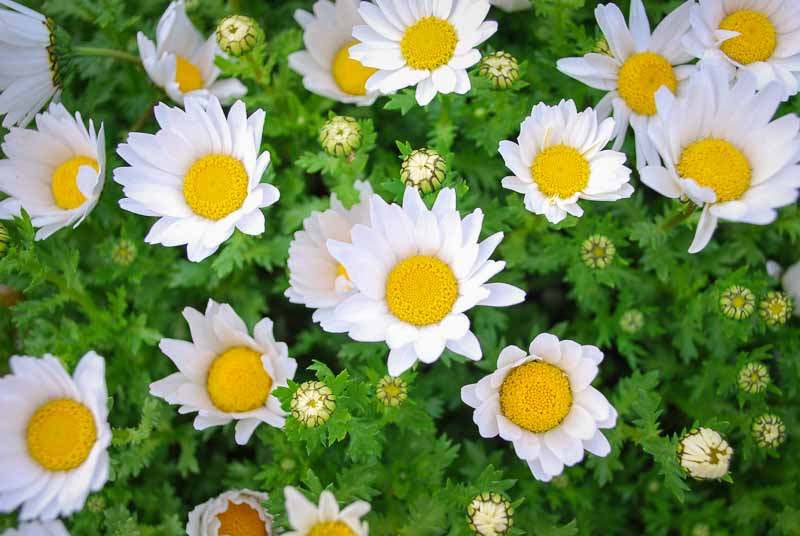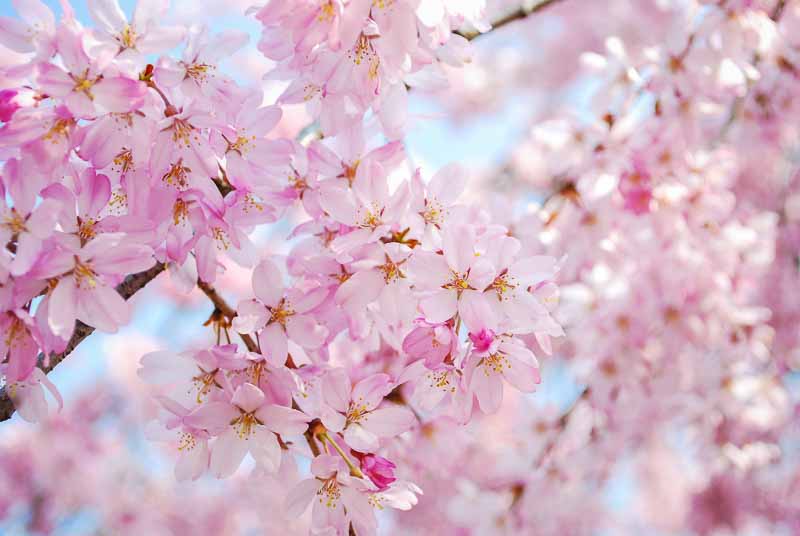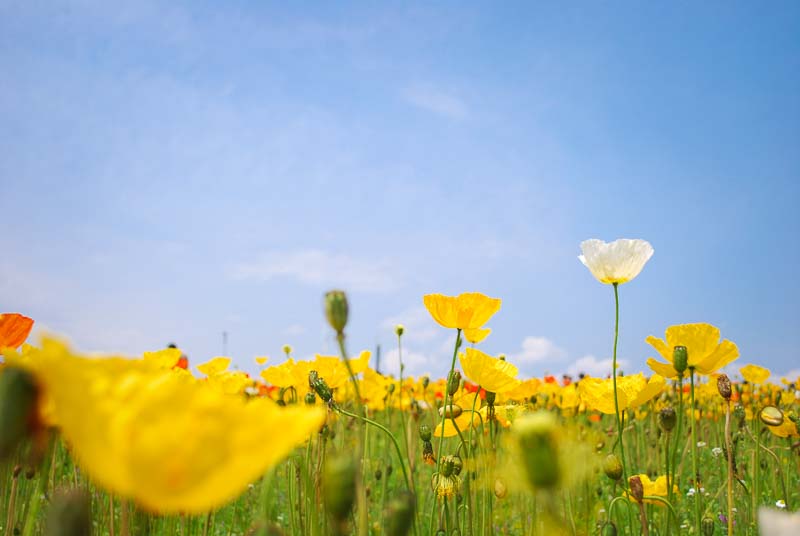By Hui Jue 
A few years ago, my then landlord was between houses and I had to look for an alternative place to stay while she looked for a new property. In this interim period, I stayed at a Buddhist temple. This Buddhist temple was sectioned into three areas; right at the entrance was the Great Hall, behind the hall was the columbarium where the devotees of the temple could house the urns of their deceased family and ancestral tablets. The third section of the temple was some empty rooms which I had heard used to be meant for visiting monks (though not any more) and in one of these rooms was where I lived for a while.
An organisation rented the Great Hall every Thursday evening to carry out their rites. Halfway through the rites, there would be loud shouts and wailing, all mixed up with the sound of the instruments that accompanied the rites emitting from the hall. At first, I was not concerned and was not bothered by it. I would even take a tiny peek into the hall whenever I walked past the hall.
Then I had a conversation with one of the members of this organisation. She told me that during the rites, the members would ‘share’ their human bodies with the spirits of their debtors and enemies. She advised me not to go too close to the hall during the proceedings of the ritual. I was really spooked and uncomfortable and decided to call my Dharma Teacher for advice.
I told her about how I felt and she asked me, “Why were you not afraid before you knew what the rites were about? It seems like you are only afraid after knowing about the rites. Could it be that it is your thoughts that are making you fearful? The Heart Sutra teaches about the emptiness of the five Skandhas and the Third Skandha is thinking. And when we are not able to see the true nature of this thinking as illusionary and thus empty, our mind starts to fear and create obstacles.”
My Teacher’s words of advice were indeed a timely reminder. It was a reminder to always reflect on the emptiness of the five Skandhas so that our minds will not be fearful, obstructed and deluded.
From that day on, I continued my routine of walking pass the hall every Thursday. However, all unease and fear had disappeared even when I heard the shouts and cries emitting from the hall. This incident has made me realise the power of our minds. When the mind perceives a situation as scary, it will let loose a chain of thoughts to further reinforce this feeling of fear.
Hence we should not let the chain of unrelenting thoughts arise by being aware of the arising and ceasing of every single thought.


